Keeping warm properly is the most important measure. However, many parents still mistakenly believe that wearing a lot of clothes or wrapping the baby in a blanket is the best way to prevent cold. In fact, wrapping the baby too tightly causes the body to sweat a lot, which is absorbed into the skin, easily causing colds and pneumonia. Medical experts recommend that parents should dress their children in many thin layers instead of one thick layer, so that they can flexibly take off or add more depending on the environmental temperature. Areas that need to be kept especially warm are the neck, chest, hands, feet and head. When sleeping, the baby needs to be in a room that is airtight but still airy; avoid drafts and do not turn on the air conditioner or fan directly on the baby.
In addition to keeping warm, nutrition plays a very important role in increasing children's resistance. In the cold season, the body consumes more energy to maintain body temperature, so parents need to pay attention to supplementing adequate nutrients in their children's diet. Dishes should be diverse, easy to digest, with enough protein, starch, fat, green vegetables and fresh fruits. In particular, foods rich in vitamin C such as oranges, tangerines, guava, broccoli, carrots help strengthen natural immunity, prevent flu. In addition, children should drink enough warm water every day, avoid waiting until thirsty to drink; limit cold foods, carbonated drinks or ice water.
Sleep also greatly affects children's health in the cold season. Children need to sleep enough hours, sleep deeply and in a quiet, warm environment. When sleeping, parents should check regularly to avoid children kicking the blanket or sweating a lot. Training children to sleep early, wake up early, and do light exercise in the morning also helps the body to be healthier and adapt better to the changing weather.
Along with that, maintaining personal hygiene and a clean living environment is an indispensable factor. Children are often hyperactive, often put their hands in their mouths or come into contact with dirty objects, so parents need to guide and supervise their children to wash their hands regularly with soap, especially before eating, after using the toilet and after playing outdoors. The house needs to be clean, airy, away from cigarette smoke, dust and mold - factors that increase the risk of respiratory infections. Children's belongings, clothes, blankets and toys should be washed and dried in the sun regularly to kill bacteria and mold.
In addition to daily care measures, vaccination is a "golden shield" that helps proactively and effectively prevent diseases for children. Parents need to take their children to get all the vaccines in the Expanded Immunization Program on schedule, and can also consider getting other vaccines such as seasonal flu, pneumonia, whooping cough, etc. as prescribed by the doctor. Vaccination not only helps children reduce the risk of disease but also contributes to creating community immunity, protecting other children in the same environment.
During the care process, if the child shows unusual symptoms such as prolonged cough, high fever, runny nose, rapid breathing, loss of appetite, fussiness or lethargy, parents should take the child to a medical facility for timely examination and treatment. Absolutely do not arbitrarily buy medicine, especially antibiotics, to treat at home, because using medicine incorrectly can be harmful to health and mask the symptoms of the disease, making the disease worse.
Preventing cold-season diseases for children is not just about keeping them warm, but is a comprehensive care process - from nutrition, hygiene, sleep to vaccination. Parents' care, understanding and proper practice will be a solid "armor" to protect children from common diseases in the cold season, helping children stay healthy, happy and ready for the journey of learning and discovery every day.
Source: https://soyte.camau.gov.vn/bai-khoa-hoc-chinh-tri-va-xa-hoi/bao-ve-suc-khoe-cho-tre-em-trong-mua-lanh-290442







![[Photo] Opening of the 14th Conference of the 13th Party Central Committee](https://vphoto.vietnam.vn/thumb/1200x675/vietnam/resource/IMAGE/2025/11/05/1762310995216_a5-bnd-5742-5255-jpg.webp)









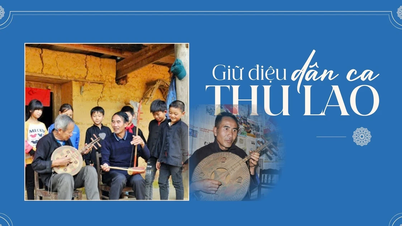





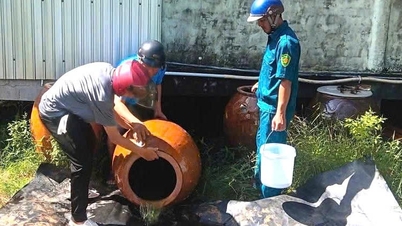
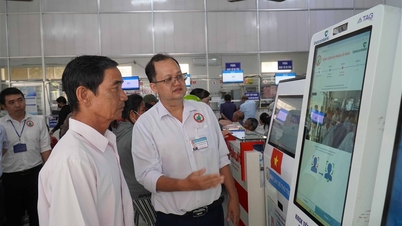
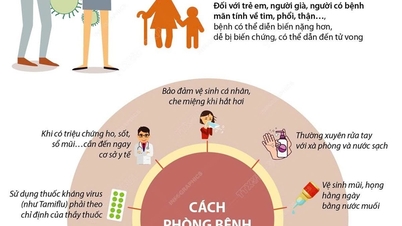
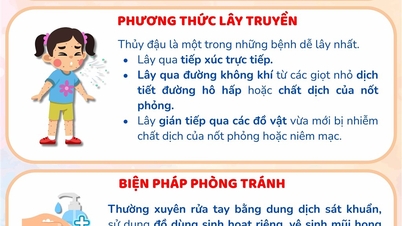

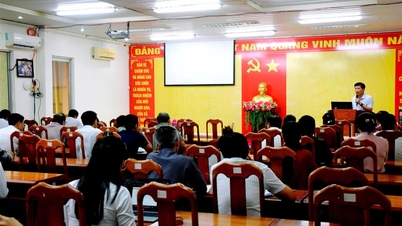
![[Photo] Panorama of the Patriotic Emulation Congress of Nhan Dan Newspaper for the period 2025-2030](https://vphoto.vietnam.vn/thumb/1200x675/vietnam/resource/IMAGE/2025/11/04/1762252775462_ndo_br_dhthiduayeuncbaond-6125-jpg.webp)














































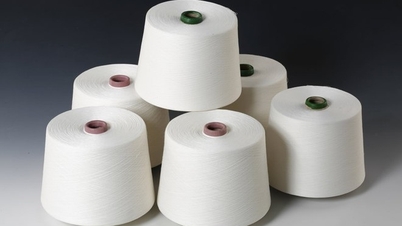



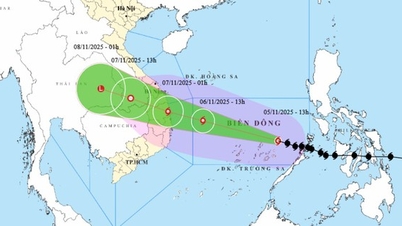




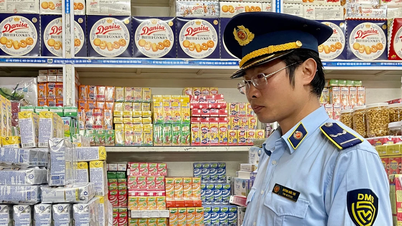





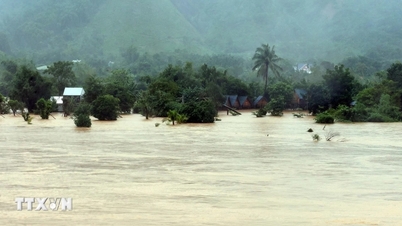















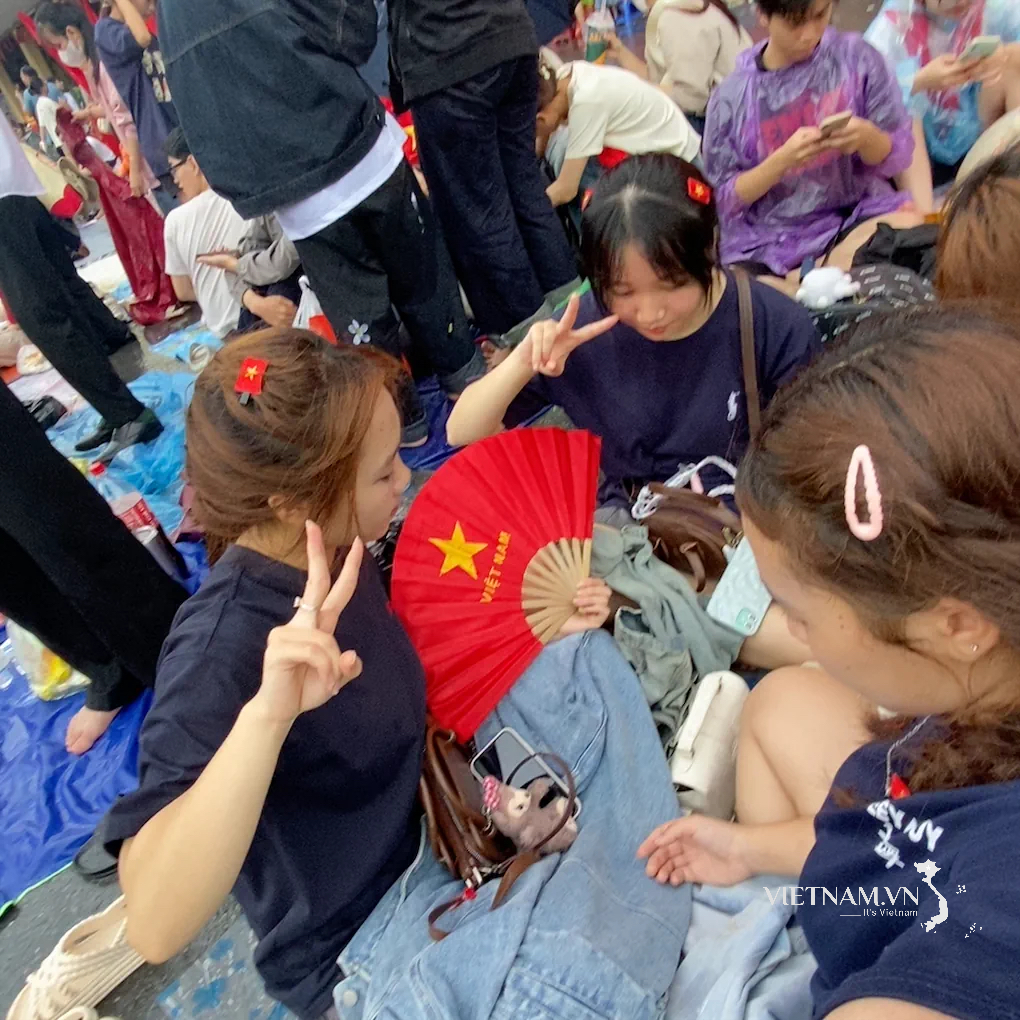

Comment (0)